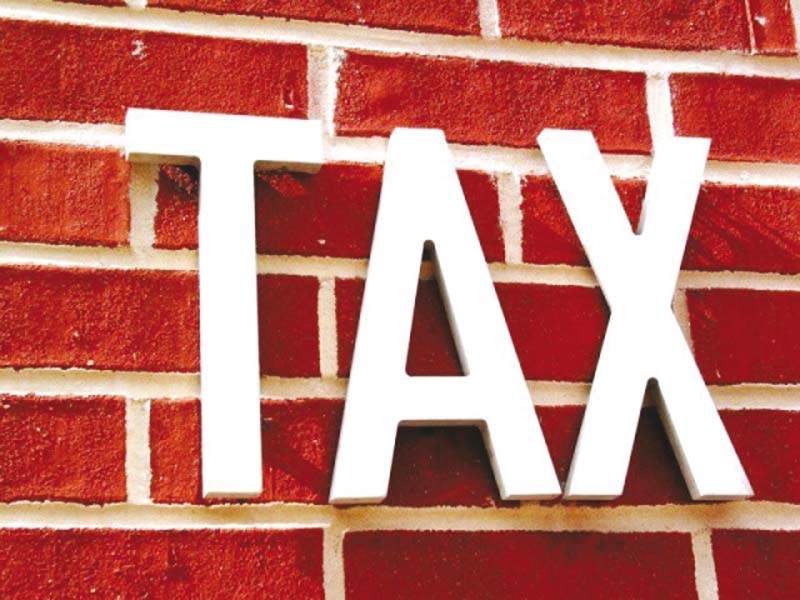
The Karachi Stock Exchange (KSE) has asked the government to reduce the corporate tax rate for listed companies from 33% to 25% in the next fiscal year.
According to the KSE’s proposals for the federal budget 2015-16 submitted to the finance ministry, the largest stock exchange of the country has demanded that the income tax rate be reduced by 8% in order to attract more companies towards public listings.
The number of listed companies at the end of 2014 stood at 557 after decreasing every year since 2010. Similarly, the number of new listings in a year has not gone beyond six in the last five years.

In a recent interview with The Express Tribune, KSE Managing Director Nadeem Naqvi said small- and medium-size enterprises (SMEs) will be able to get listed in the second half of 2015 through a dedicated SME trading board. In this connection, the KSE has proposed that the income tax rate for companies that decide to list on the SME board should range from 15% to 20%.
The corporate tax rate in Pakistan is higher than most other regional countries. The average rate of tax on corporate income in the Asian region is 22.89%, according to the KSE. In Pakistan, however, it goes up to 40% due to multiple taxes on the corporate sector, such as 2% workers’ welfare fund and 5% workers’ participation fund.
The tax credit equal to 15% of the tax payable is already available for the tax year to the companies that opt for enlistment on any of the three stock exchanges operating in Pakistan. The KSE has now proposed that this tax credit should be allowed up to five years from the tax year in which the company becomes listed.
It used to be compulsory for listed companies with free reserves of more than 40% of their paid-up capital to distribute at least 50% of its taxed profit as cash dividend. According to the KSE, this measure was ‘very effective’ because it resulted in the payment of additional cash dividend and “nullified oppressive practice of controlling shareholders.”
The KSE has now proposed that the compulsory distribution of dividend by listed companies should be reintroduced in the upcoming budget in order to increase investor confidence.
Before the beginning of 2010-11, capital gains on the disposal of securities were fully tax-exempted. But the government and stakeholders agreed to the imposition of capital gains tax (CGT) based on the holding period of securities.
While the KSE wants no change in the CGT of 12.5% on securities whose holding period is less than six months, it has proposed changes in the CGT rates for other categories. For example, the existing CGT on the sale of securities whose holding period is more than six months and less than one year is 12.5%. The KSE has proposed that it should be reduced to 10% in 2015-16.
Similarly, the existing CGT on the sale of securities whose holding period is more than one year and less than two years is 10%. The KSE has asked the government to eliminate the CGT for this category altogether.
Published in The Express Tribune, April 3rd, 2015.
Like Business on Facebook, follow @TribuneBiz on Twitter to stay informed and join in the conversation.

1732184775-0/BeFunky-collage-(80)1732184775-0-165x106.webp)

1731933289-0/BeFunky-collage-(68)1731933289-0-165x106.webp)













COMMENTS
Comments are moderated and generally will be posted if they are on-topic and not abusive.
For more information, please see our Comments FAQ